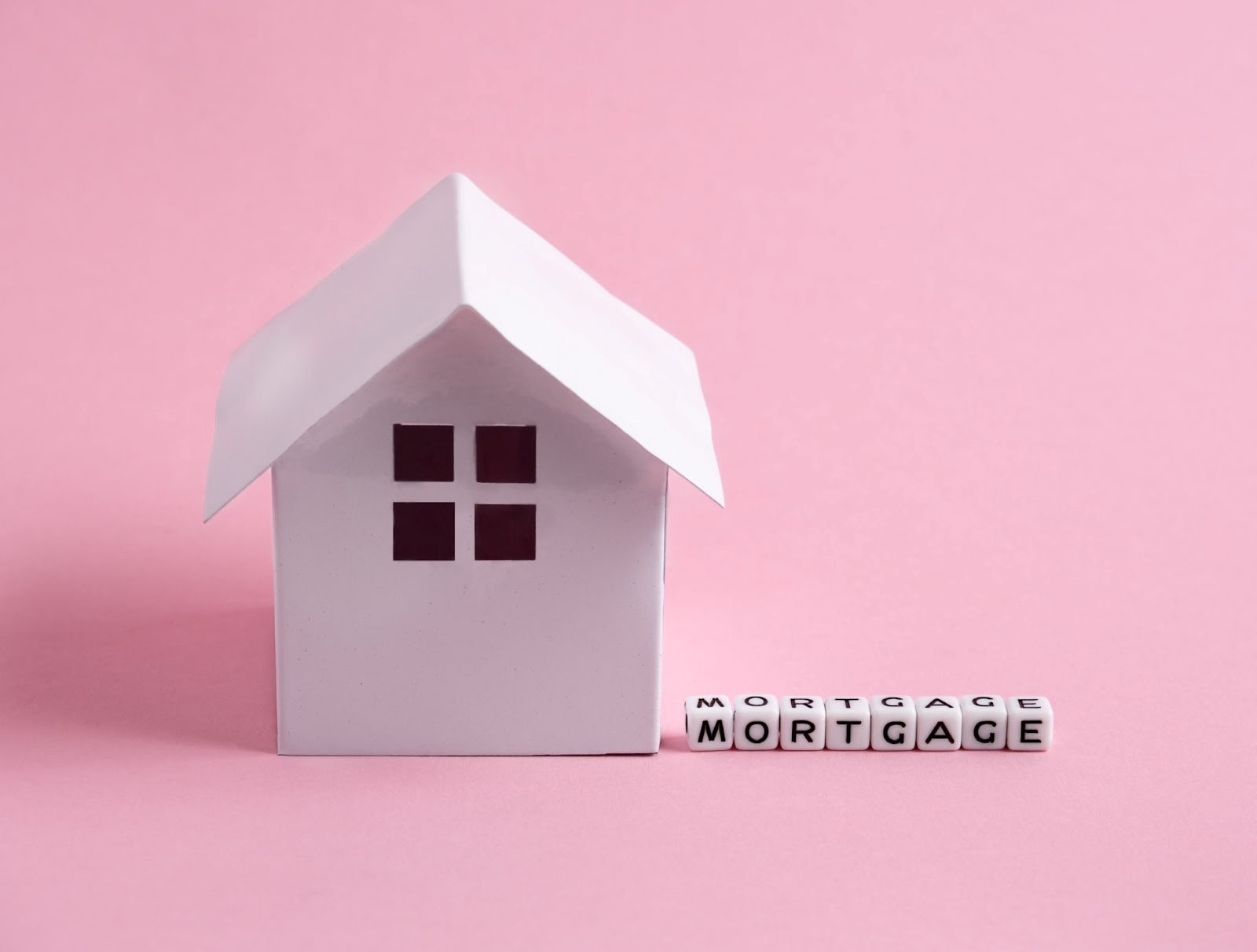
When considering a mortgage for purchasing a home, one of the most important decisions you’ll need to make is whether to choose an open or closed mortgage. Both options have their pros and cons, and understanding the differences between them can help you make an informed decision based on your financial situation and goals. In this comprehensive guide, we explain everything you need to know about open and closed mortgages, including their key features, benefits, drawbacks, and more.
Guide to Mortgages
A mortgage is a type of loan used to finance the purchase of real estate, typically a home. The property itself serves as collateral for the loan, which means that if the borrower fails to make payments, the lender has the right to take possession of the property through foreclosure.
Open-End Mortgages
An open mortgage offers borrowers greater flexibility than a closed mortgage. With this flexible choice, borrowers have the option to make extra payments or pay off the entire mortgage before the end of the term without incurring penalties. This flexibility can be beneficial for borrowers who anticipate receiving a financial windfall or who want to pay off their mortgage as quickly as possible.
Key Features of Open Mortgages
- Prepayment Privileges: Open mortgages provide borrowers with the flexibility to make additional payments or pay off the entire mortgage at any time without incurring penalties like prepayment charges. This mortgage without penalties feature can be advantageous for borrowers who receive a financial windfall such as an annual lump sum payment, or want to pay off their mortgage faster.
- Flexible Terms: Unlike closed mortgages, which typically have fixed terms, open mortgages offer terms ranging from six months to one year. This flexibility allows borrowers to choose a term that suits their needs and financial circumstances. They can also adjust the term if their circumstances change, providing greater control over their mortgage.
- Higher Interest Rates: Open mortgages usually have higher mortgage interest rates than closed mortgages. This higher cost reflects the increased flexibility they offer, including the ability to make additional payments or pay off the mortgage early without penalties.
- Regular Payments: Borrowers with open-end mortgage loans make regular monthly payments based on the interest rate and the outstanding balance of the mortgage. These payments are similar to those of closed mortgages but may be higher due to the higher mortgage rates associated with open mortgages.
Benefits of Open Mortgages
- Flexibility: One of the primary benefits of open mortgages is the flexibility they offer. Borrowers can pay off their mortgage faster if they have extra money available. This choice allows borrowers to take advantage of opportunities to reduce their debt and build equity in their homes.
- Prepayment Options: Open mortgages also provide prepayment options, allowing borrowers to make additional payments to reduce the principal balance. By reducing the principal balance, borrowers can save on interest costs over the life of the mortgage. These mortgage terms can result in significant savings and help borrowers pay off their mortgage sooner.
- Peace of Mind: Knowing that you can pay off your mortgage early without penalties can provide peace of mind. This peace of mind can be especially valuable for borrowers who value financial security and want the flexibility to manage their debt on their own terms.
Drawbacks of Open Mortgages
- Higher Interest Rates: Open mortgages typically have higher interest rates than closed mortgages. These higher interest rates reflect the increased risk to the lender, as borrowers have the flexibility to pay off their mortgage early without penalties.
- Cost: The flexibility of open mortgages comes at a cost, as borrowers pay higher interest rates compared to closed mortgages. It’s essential for borrowers to carefully consider their financial circumstances and goals before choosing an open mortgage, as the higher cost can impact their overall financial health.
Who Should Consider an Open Mortgage?
- Short-Term Homeowners: If your personal circumstances mean you plan to sell your home in the near future, this type of mortgage can be a good option, as it allows you to pay off your mortgage early without extra costs and penalties thanks to no prepayment terms.
- Borrowers with Irregular Income: If your income fluctuates, an open-end mortgage provides flexibility in making payments, allowing you to pay more when you have extra funds available.
What’s the difference between a fixed-rate mortgage and a variable-rate mortgage?
Closed-End Mortgages
Closed-term mortgages are types of mortgages that have fixed terms and regular payments, making them a more predictable option for borrowers. While they offer less flexibility than open mortgages, they often have lower interest rates, making them a popular choice among homeowners.
Key Features of Closed Mortgages
- Fixed Terms: Closed fixed-rate mortgages have fixed terms, typically ranging from six months to ten years. During this term, buyers make regular payments based on the fixed interest rate and the outstanding balance of the mortgage. This fixed term provides borrowers with stability and predictability, as they know exactly how much they need to pay each month.
- Regular Payments: Borrowers with closed mortgages make regular monthly payments based on the fixed interest rate and the outstanding balance of the mortgage. These regular payments are similar to those of open mortgages but may be lower due to the lower interest rates associated with closed mortgages.
- Prepayment Penalties: If borrowers pay off their mortgage before the end of the term, they may incur prepayment penalties. These penalties can vary depending on the lender and the terms of the mortgage. It’s essential for borrowers to understand the prepayment penalties associated with their mortgage before deciding to pay off their mortgage early.
- Lower Interest Rates: Closed-term mortgages usually have lower interest rates compared to open mortgages. This lower cost reflects the reduced risk to the lender, as borrowers do not have the flexibility to pay off their mortgage early without penalties. The lower interest rates can result in lower overall costs for borrowers over the term of the mortgage.
Benefits of Closed Mortgages
- Lower Interest Rates: One of the significant benefits of closed mortgages is the lower interest rates they offer compared to open mortgages. These lower interest rates can result in significant savings over the term of the mortgage, making closed mortgages an attractive option for budget-conscious borrowers.
- Predictable Payments: With fixed terms and regular payments, borrowers know exactly how much they need to pay each month, making budgeting easier. This predictability can be especially valuable for borrowers who prefer to have stable, predictable payments and want to avoid the risk of fluctuating interest rates.
- Stability: Closed mortgages provide stability and predictability, making them a popular choice among homeowners who prefer a conservative approach to borrowing. The fixed terms and regular payments of closed mortgages offer peace of mind to borrowers, knowing that their mortgage payments will remain the same throughout the term of the mortgage.
Drawbacks of Closed Mortgages
- Less Flexibility: Closed-end mortgage terms offer less flexibility in terms of prepayment options, which means that borrowers may not be able to pay off their mortgage early without incurring penalties.
- Prepayment Penalties: Borrowers may incur prepayment penalties if they do not see out their entire mortgage term, which can add to the cost of the mortgage.
Consult with a mortgage professional
How To Choose the Right Type of Mortgage For You
Choosing the right type of mortgage is a crucial decision that can have a significant impact on your financial health. Here are some tips to help you make the right choice:
-
Assess Your Financial Situation
Before choosing a mortgage loan, take a close look at your financial situation. Consider factors such as your income, monthly expenses, and credit rating. Understanding your financial position will help you determine how much you can afford to borrow and what type of mortgage is best for you.
-
Consider Your Risk Tolerance
If you’re comfortable with the risk of fluctuating interest rates, a variable-rate mortgage may be suitable. However, if you prefer stable, predictable payments, a fixed-rate mortgage may be a better choice.
-
Evaluate Your Long-Term Goals
Consider your long-term financial goals when choosing a mortgage. If you anticipate receiving an inheritance or a lump sum of money in the future, you may want to choose a mortgage with prepayment flexibility. This will allow you to pay off your mortgage early without penalties.
-
Shop Around for the Best Rates
Don’t settle for the first mortgage offer you receive. Shop around and compare mortgage rates from different lenders, including major banks and mortgage brokers. This will help you find the best mortgage product for your needs.
-
Understand the Terms and Conditions
Before signing a mortgage contract, make sure you understand all the terms and conditions, including pre-payment penalties, rate differentials, and the prime rate. Knowing these details will help you avoid any surprises down the road.
-
Work with a Mortgage Advisor
A mortgage advisor can provide valuable guidance and advice as you navigate the mortgage process. They can help you understand your options and choose the right mortgage lender for your needs.
-
Consider Your Amortization Period
The amortization period of your mortgage can affect your monthly mortgage payments. A longer amortization period will result in lower monthly payments but higher overall interest costs. Consider your monthly expenses and financial goals when choosing an amortization period.
By following these tips and considering your financial situation, risk tolerance, and long-term goals, you can choose the right type of mortgage for your needs. Working with a mortgage advisor can also help you navigate the mortgage process and make an informed decision.
Can I negotiate the terms of my mortgage in Quebec?
Consult With Mortgage Experts to Find the Best Mortgage Option For You
Refinancement Hypothécaire offers a range of services tailored to meet the diverse needs of homebuyers and homeowners. Specializing in navigating the complexities of the housing market, our team provides expert advice and personalized solutions to help clients find the right mortgage product for their needs.
With a focus on alleviating mortgage stress, our team of Canadian mortgage brokers offers flexible mortgage options, including mortgage refinancing, debt reconstruction, and alternative loans. Whether you’re a first-time buyer or looking to refinance, Refinancement Hypothécaire provides the expertise and support you need to make informed decisions in the ever-evolving housing market!





